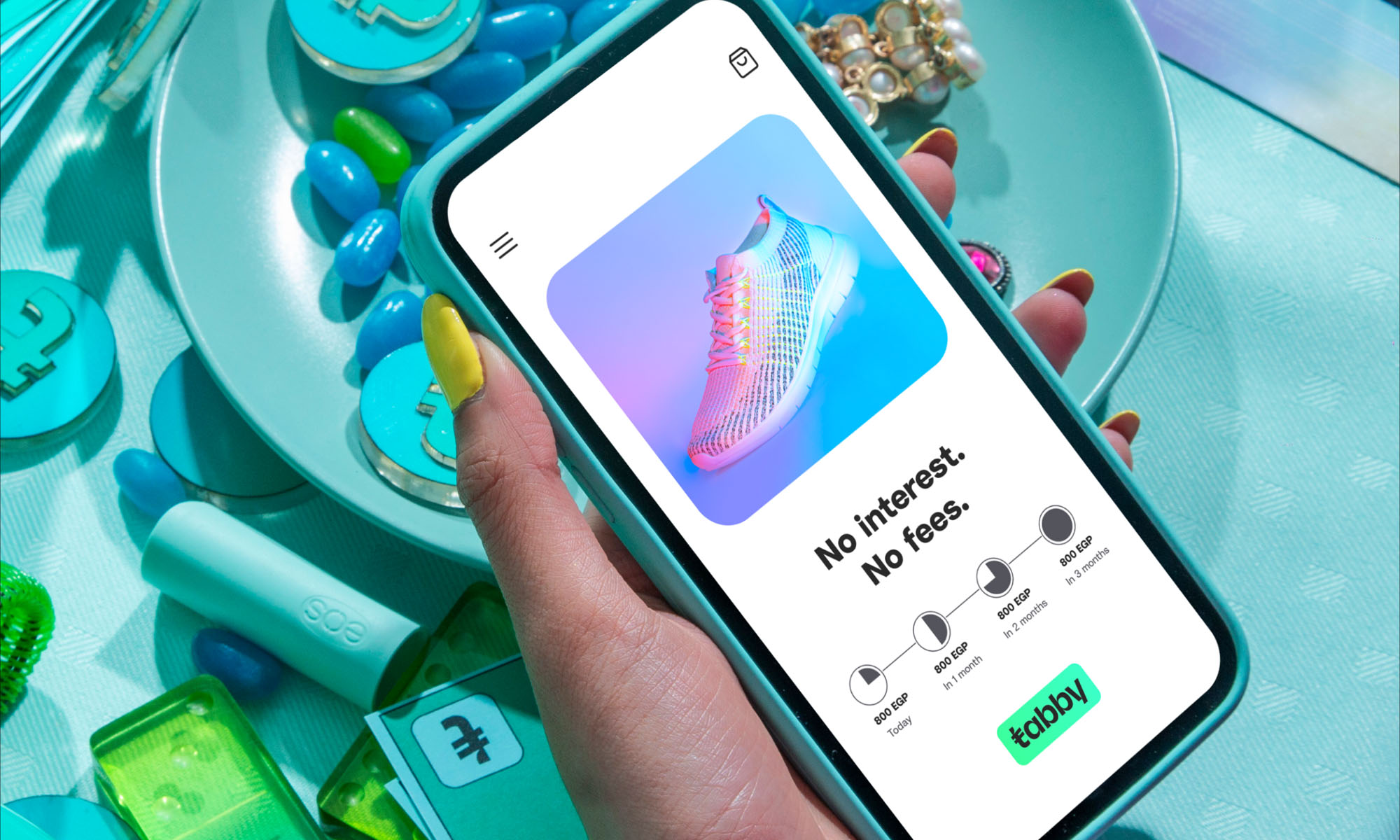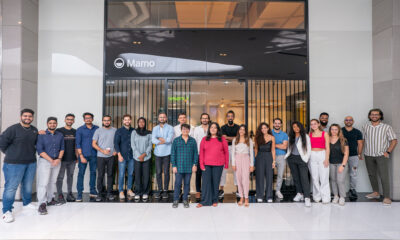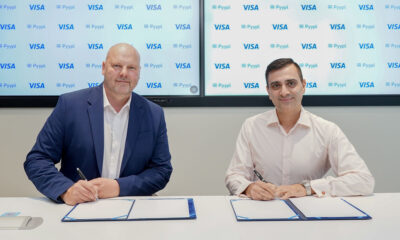News
Mubadala-Backed Tabby Raises $200 Million In Funds
The latest series D funding round gives the BNPL platform a value of $1.5 billion.

Backed by UAE investment company Mubadala, Dubai-based Buy Now Pay Later platform Tabby has raised $200 million in funding, making it part of an elite group of MENA companies known as “unicorns” due to their market value of $1 billion or more.
Tabby, now valued at a staggering $1.5 billion, joins fellow UAE startups like Careem, Kitopi, and Swvl, along with Saudi Arabia’s STC Pay and Egypt’s Fawry.
اليوم، نعلن أن تابي أصبحت أول شركة ملياريّة في قطاع التقنية المالية في المنطقة، بعد أن أغلقت جولة استثمارية Series D بقيمة 200 مليون دولار وبتقييم 1.5 مليار دولار. كل الشكر لمجتمع تابي من المتسوّقين والشركاء على دعمهم المستمر. pic.twitter.com/YnuJdembCy
— Tabby | تابي (@paywithtabby) November 1, 2023
US-based Wellington Management was in charge of the latest funding round, with Hong Kong’s Blue Pool Capital and Abu Dhabi’s Mubadala Investment Capital also taking part, with additional investment also coming from Saudi Arabia’s STV, PayPal Ventures and Arbor Ventures.
Tabby manages more than $6 billion worth of yearly transactions, and the new funding will be used to further develop the company’s financial and shopping services for both consumers and retailers.
“With this investment, we can advance our mission across Saudi Arabia and the UAE,” said Hosam Arab, CEO and co-founder of Tabby.
Also Read: MENA Online Electronics Sales Grew By 7% In 2023
The BNPL business model, which allows shoppers to spread payments for online purchases over several interest-free installments, has boomed since the COVID-19 pandemic and is projected to hit $565.8 billion by 2026, representing a compound annual growth rate of nearly 26%.
Tabby is currently active in Saudi Arabia, Kuwait, and the UAE. In a January 2023 funding round, the company had already raised $58 million, valuing the BNPL provider at $660 million.
Meanwhile, plenty more BNPL providers are jostling for a share of the enormous MENA market, including the likes of Postpay, Cashew, Spotii, and Tamara. Only time will tell if Tabby’s rivals are also able to achieve coveted unicorn status, though the MENA region is expected to produce at least 45 billion-dollar startups by the end of the decade, led by Saudi Arabia.
News
Mamo Completes $3.4M Funding Round To Enhance Fintech Services
The startup will use the influx of cash to expand into Saudi Arabia and across the wider GCC while improving its product offering.

UAE-based fintech Mamo has announced the completion of a $3.4 million funding round that will help the startup extend its market presence and improve its product offering. Investors included 4DX Ventures, the Dubai Future District Fund and Cyfr Capital.
Mamo’s platform offers “payment collection, corporate cards and expense management” to help small and medium-sized businesses consolidate and streamline their operations. With the latest influx of capital, Mamo will further develop its comprehensive suite of services and begin testing its product lines in Saudi Arabia, further extending its footprint across the GCC.
Imad Gharazeddine, co-founder and CEO of Mamo, stated: “We’ve been in the market for a while now and are incredibly proud of what our team has achieved. The holistic and expansive nature of our product offering has helped us continue to grow sustainably. This additional funding will allow us to reach our medium-term goals even faster. The support from new and existing investors is a testament to our strong expertise and the ability to deliver on our customer promise”.
Daniel Marlo, General Partner of lead investor 4DX Ventures, added: “We have immense trust in Imad’s vision, leadership and Mamo’s innovative approach to provide a user-friendly and comprehensive financial solution for SMEs that makes financial management more accessible and efficient. We are proud to partner with them and support their mission”.
Also Read: A Guide To Digital Payment Methods In The Middle East
Amer Fatayer, Managing Director of Dubai Future District Fund’s investment team, also commented: “Mamo’s localized product lines serve as an infrastructure for SME payments and spend management in UAE, a segment that is underserved by the country’s current banking infrastructure. The team has taken a product-first approach to consolidating SMEs’ financial journeys and building a fintech solution deeply embedded in a business’s core operations”.
To date, Mamo has raised around $13 million in investment funding and now boasts a team of 30 people. The company’s intuitive financial services platform has allowed over 1,000 businesses to consolidate their financial operations and significantly reduce payment fees.
-

 News4 weeks ago
News4 weeks agoAmazon Prime Day 2024: Get Ready For 6 Days Of Amazing Deals
-

 News4 weeks ago
News4 weeks agoSamsung Unpacked 2024: What To Expect From The July 10 Event
-

 News4 weeks ago
News4 weeks agoCoursera Report Shows Surge In UAE Interest In AI Upskilling
-

 News4 weeks ago
News4 weeks agoMeet Dubai’s Groundbreaking Smart Robot Delivery Assistant















